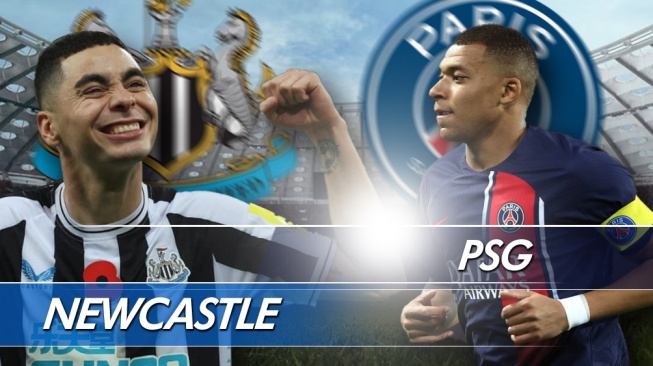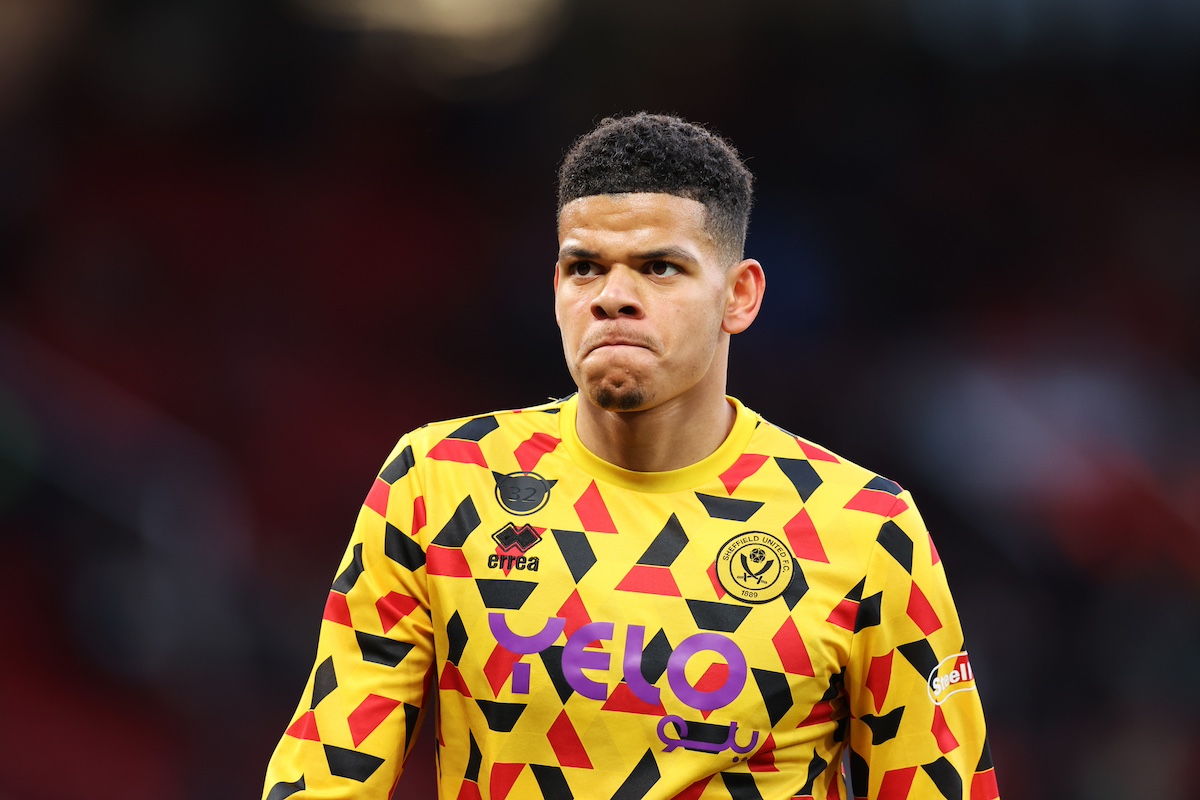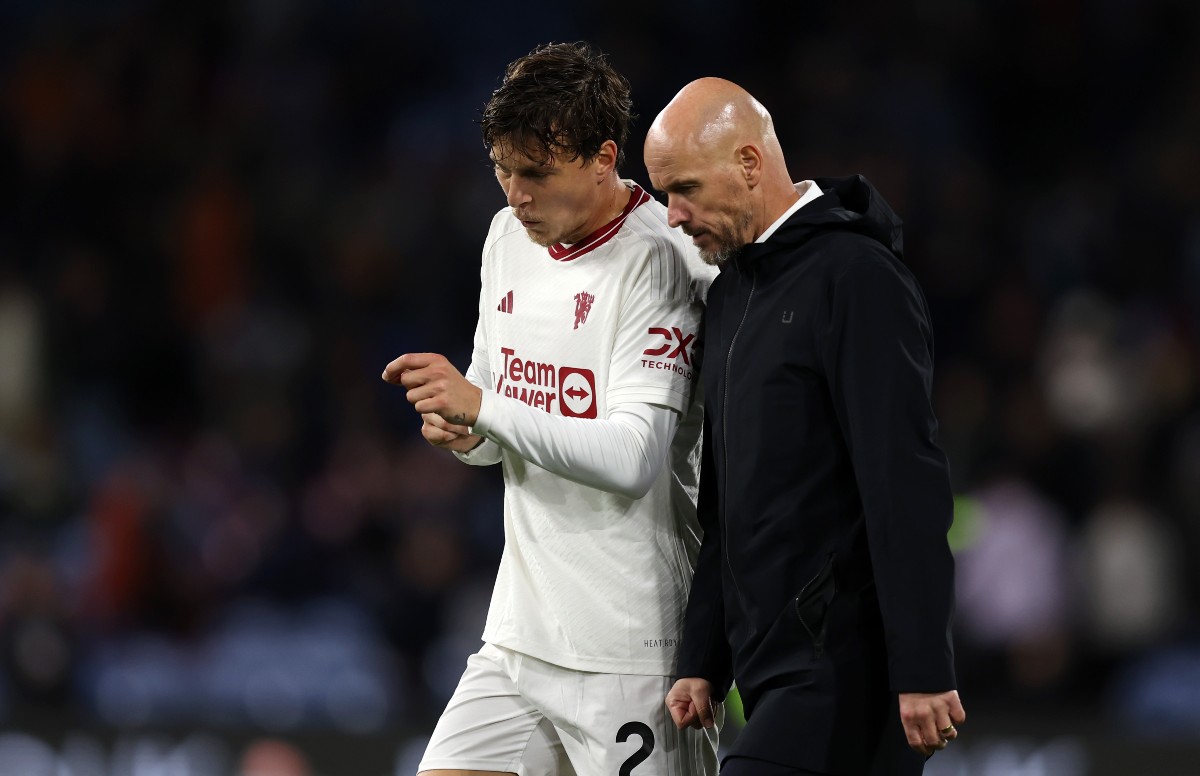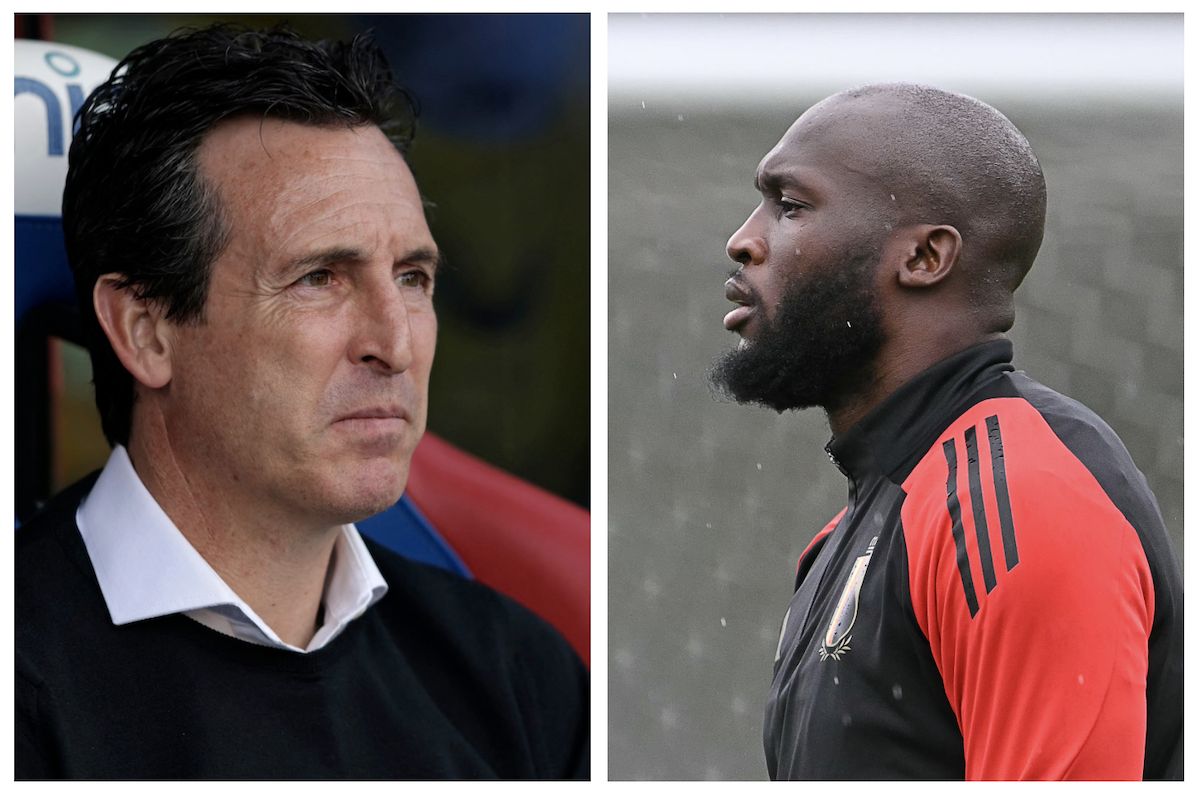When the Premier League was created back in 1992, it’s doubtful that anyone involved could’ve envisaged that teams within the English top-flight would be being run by nation states or so called ‘big money’ corporate wealth funds.
However, fast forward 31 years and that’s exactly how the landscape is beginning to pan out, much to the chagrin of one of the EPL’s creators, ‘super agent’ Jon Smith.
‘I think we are in danger of football clubs being used as vehicles for ownership rather than the lifeblood of the supporters – and ownership of a football club is a huge privilege,’ he wrote in his exclusive CaughtOffside column.
‘[…] I’m now getting a little bit queasy about how big money, and I’m talking nation states as well as corporate funds, can use the vehicle of a football club to create whatever entity they want to create. It can be a global icon used to raise money for purposes which perhaps are not of the greatest benefit to supporters.

‘The governing bodies are the ones here that are technically under threat if the huge nation states like Saudi want to use their money.
‘I don’t want to say that they are doing so to sports wash because I quite like people investing in football as I think it’s great for the game – but they should be investing in football, not buying football. I think we are in danger of selling the business of football rather than selling the sport of football and I think we have to be very careful.
‘If the authorities, FIFA, UEFA, etc. are going to keep control of football rather than let the big money dictate, they’re going to have to put some sort of financial parameters in place, similar to the essence of FFP.
‘Todd Boehly’s ownership of Chelsea is a different model to Roman Abramovich. The latter’s ownership was basically funds out of Russia for whatever reason and it just became unacceptable once the invasion of Ukraine took place.
‘I don’t think you can monitor every owner about everything they do or where all their money comes from, but you can do the best that you can to make sure it’s as clean as possible.
‘The Premier League now in a way has become an entity which is nearly as big as the sport itself, and so it competes with itself for the ownership of its entities.
‘That’s an interesting place to be and the regulators are going to have to take a cold, hard look at that in the coming years. Who could have envisaged this when we all began this adventure in 1992!’
The unprecedented rise of football in Saudi Arabia has come out of nowhere, and with their incredible appetite to hoover up the best players in Europe comes the desire for influence across the world. Influence that would become much easier to achieve by using a football club as a front.
Smith, almost certainly unwillingly, has helped to create a monster, and the need for the governing bodies to come down hard is obvious.
Not to mention that the very fabric of the game is at risk at the lower levels.
Far too often these days clubs in England are being threatened with closure and/or winding up, and that will only continue apace if the chasm between the lower leagues and the Premier League is allowed to grow.
Quite how FIFA and UEFA go about regulating the game in this instance is anyone’s guess, however, a framework is necessary to be put in place before things spiral out of control.



